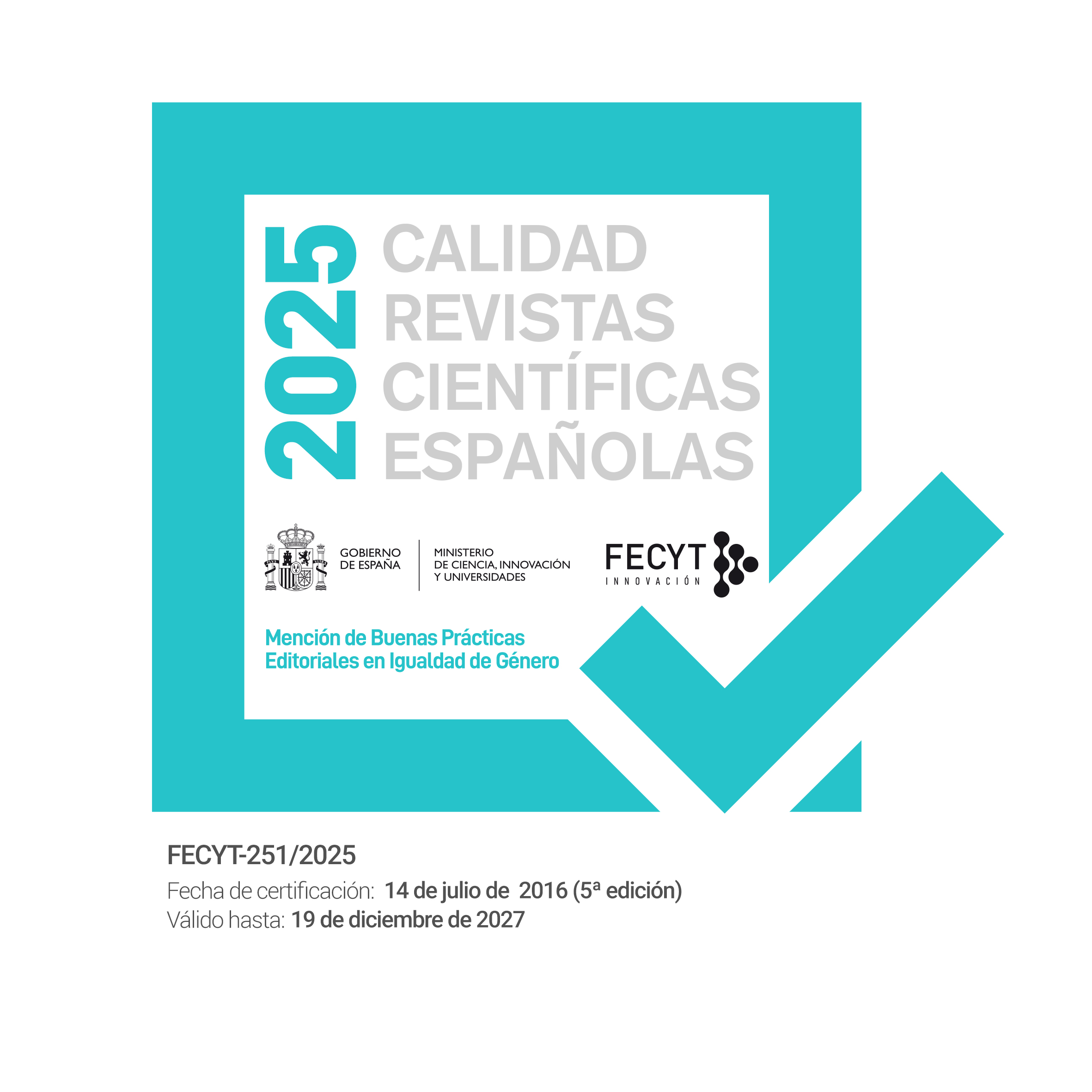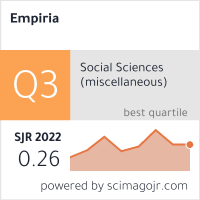Análisis de la dinámica, la estructura y el contenido de los mensajes de Twitter: violencia sexual en #Cuéntalo
DOI:
https://doi.org/10.5944/empiria.53.2022.32614Keywords:
Redes sociales, Twitter, #Cuéntalo, análisis estructural, análisis dinámico, análisis de contenidoAbstract
Online social networks have become one of the main communication vehicles and one of the greatest sources of current information. This growing popularity shows the importance of social scientists being able to analyze, interpret and understand in depth this new type of tools. This article aims to show the diverse methods of analysis of public information obtained from one of these networks, Twitter. To do this, we take as an explanatory example the case of #Cuéntalo, an episode of shared narrative that began on this network between April 26 and 28, 2018 after the well-known sentence of “La Manada”. Through this case, we present different methodologies for the study of broadcasted content, ranging from the most elementary descriptive tools to content analysis, passing through the classification of relevant actors and the discovery of the structure of the relationships amongst their protagonists and their messages. The results show how this controversial sentence led to a viral digital conversation where different users (especially journalists, writers, feminists and influencers) began to share their stories of situations of sexual violence experienced by the participants or their acquaintances using this label. Through this analysis, it was possible to identify the main protagonists, the different relationships that they established between them and their messages and the main themes that were formed around them.
Downloads
Downloads
Published
How to Cite
Issue
Section
License
Copyright (c) 2022 Empiria. Revista de metodología de ciencias sociales

This work is licensed under a Creative Commons Attribution-NonCommercial-ShareAlike 4.0 International License.
Los autores que publican en esta revista están de acuerdo con los siguientes términos:a) Los autores conservan los derechos de autor y garantizan a la revista el derecho de ser la primera publicación del trabajo al igual que licenciado bajo una Licencia Internacional Creative Commons CC BY-NC-SA 4.0.
b) Se permite y se anima a los autores a difundir electrónicamente las versiones pre-print (versión antes de ser evaluada) y/o post-print (versión evaluada y aceptada para su publicación) de sus obras antes de su publicación, ya que favorece su circulación y difusión más temprana y con ello un posible aumento en su citación y alcance entre la comunidad académica.












